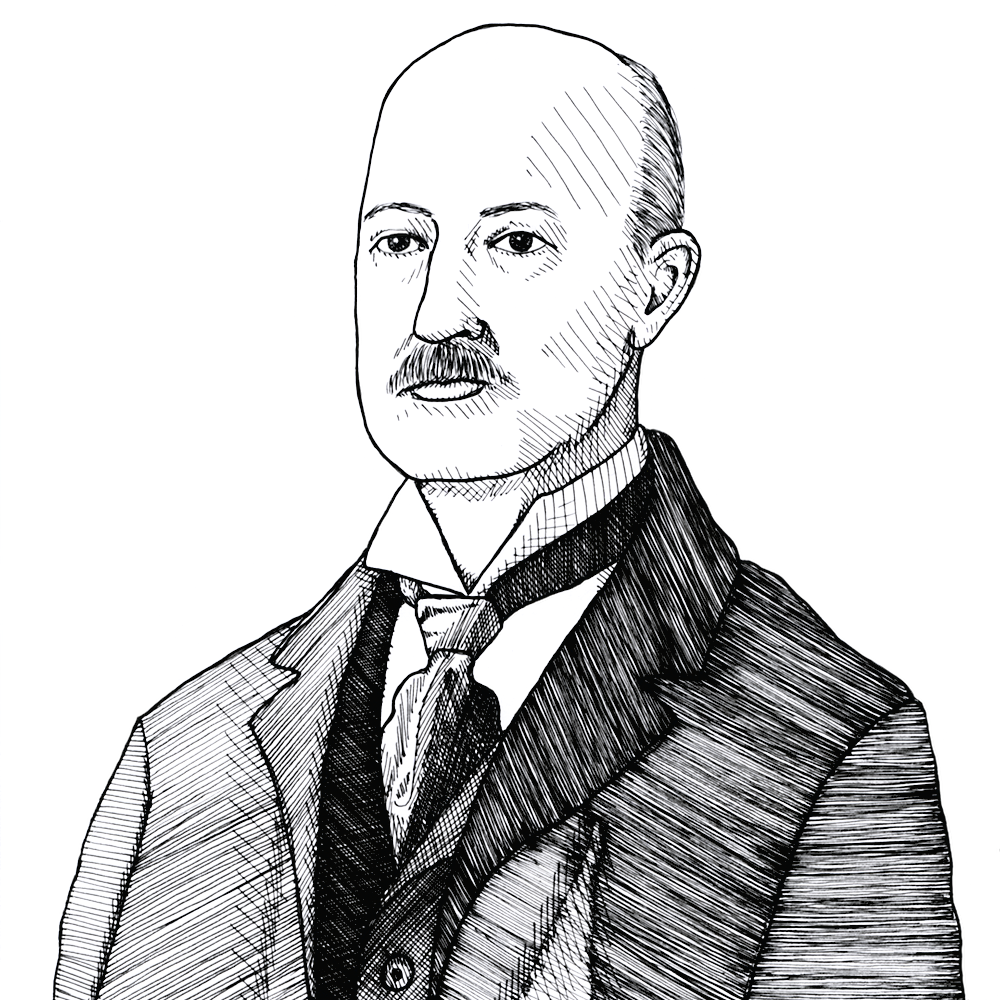
William Graham Sumner on free trade as another aspect of individual liberty (1888)
Found in: Protectionism: the -ism which teaches that waste makes wealth
The American sociologist William Graham Sumner (1840-1910) argues that free trade is not just a “theory” but another aspect or “mode” of the broader movement for liberty:
Free Trade
Now free trade is not a theory in any sense of the word. It is only a mode of liberty; one form of the assault (and therefore negative) which the expanding intelligence of the present is making on the trammels which it has inherited from the past. … Free trade is a revolt, a conflict, a reform, a reaction and recuperation of the body politic, just as free conscience, free worship, free speech, free press, and free soil have been. It is in no sense a theory.